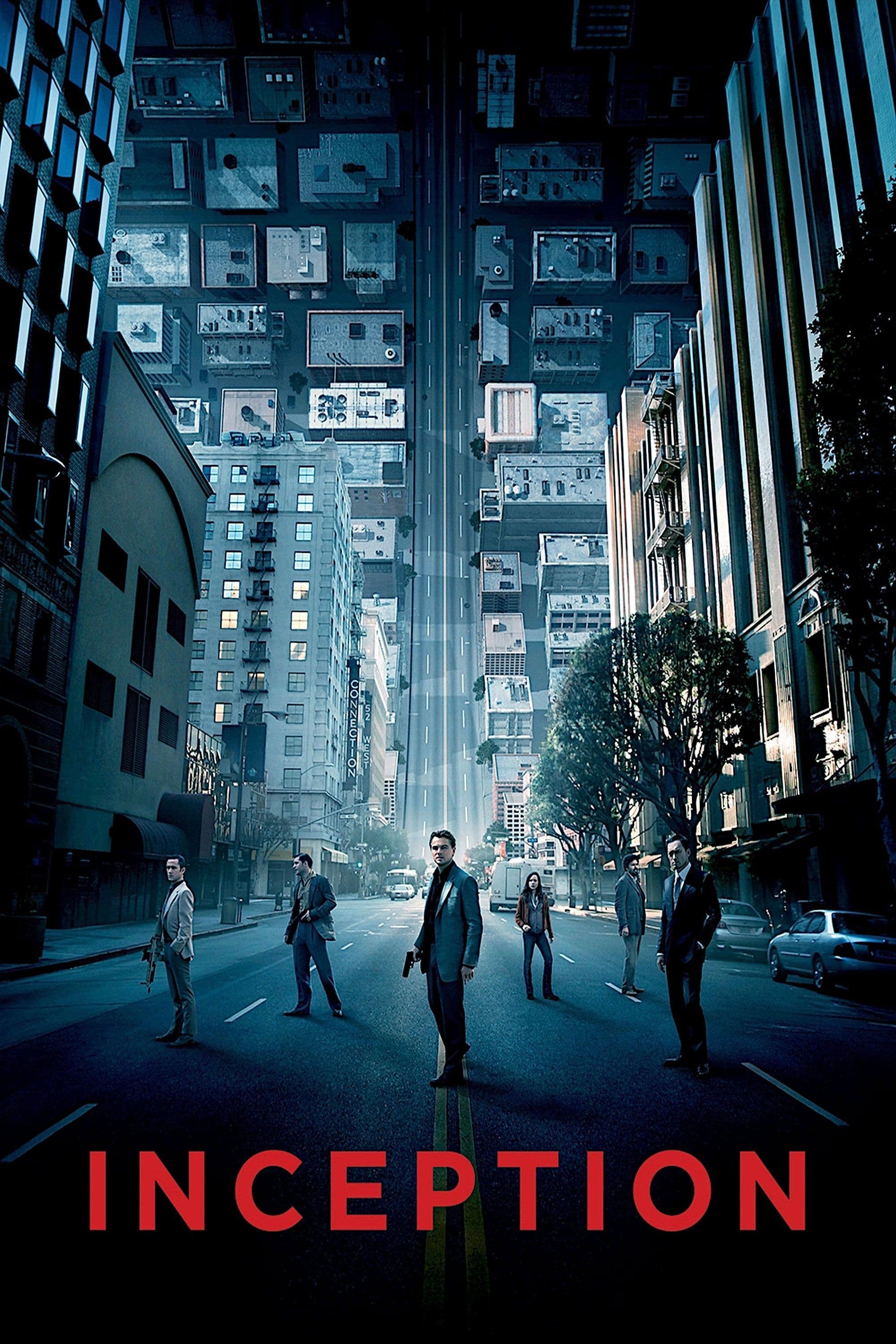
Inception
2010
Rate this movie
Average: 4.00 / 5
(2 votes)
Director
A pre-established disorder where the eye wanders contentedly, while Nolan's highly refined art pushes narration and iconographic perspective to their utmost limits. This orchestrated chaos, far from being mere exhibition, reveals itself as a meticulous spatial and temporal calculation, a true architecture of the image reminiscent of the almost Kubrickian precision in shot composition, yet imbued with a dynamic vertigo and a narrative breadth that is the quintessence of modern cinema. Every frame is imbued with an almost painterly intentionality, an obsessive pursuit of formal perfection that sublimates the potential chaos of the dream world into a controlled and powerfully evocative visual experience. The innumerable straight lines composing urban scenarios, the dizzying perspectives, and impossible geometries are not simply special effects, but visual translations of a mental process, of a conceptual design that defines every layer of constructed reality.
This could be one of the possible interpretive parameters for a conceptually complex work, superbly staged with surrealist techniques for the reconstruction of dreams and their unstable stage. The evocation of Surrealism is not coincidental: Nolan does not merely pay homage to Dalí with urban landscapes that fold in on themselves like liquid canvases or evoke Magritte through the manipulation of perceptions and the constant questioning of the true nature of reality. He draws precisely from the essence of the movement, exploring the unconscious as a narrative source, where Cartesian logic is suspended and symbolism reigns supreme. The unstable stage of dreams thus becomes a metaphor for the very fragility of human perception, a realm where the boundaries between what is tangible and what is merely cerebral dissolve with elegance and terror, leaving the viewer in a stimulating and unsettling epistemological limbo. It is a cinema that is not content with merely showing, but that invites us to doubt, to inquire, to decipher.
Nolan attempts the gamble of transposing onto film what resides in the human mind, building an captivating narrative lattice around it. It is not the first time the director ventures into the labyrinths of the psyche: from Memento, an investigation into fragmented memory and the reliability of subjective narration, to The Prestige, an exploration of illusion and the double and personal sacrifice in the name of art, all the way to Interstellar, a journey into the dimensions of time and space influenced by love and loss, his filmography is a palimpsest of inquiries into the nature of subjective and objective reality. In Inception, however, the ambition is explicitly ontological: it is not just about understanding how the mind works, but about manipulating its very foundational structure, the core of the ideas that define us. The narrative lattice, with its nested levels and internal rules, reflects the complexity of the subconscious, challenging the viewer to untangle a narrative puzzle just as the characters are forced to do in their dreams, in a virtuous display of screenwriting that unfolds across multiple temporal and spatial planes simultaneously.
The story centers on the figure of Cobb, whose ability to infiltrate people's dreams and extract information is sought after in every corner of the globe. He is the archetype of the Nolanian hero-antihero, burdened by a traumatic past and a personal mission that is inextricably intertwined with his professional one. His mastery of dream extraction, an art that simultaneously makes him a demiurge and a parasite, places him at the center of a profound ethical dilemma: to what extent is it permissible to violate another's mind? Cobb, tormented by the ghost of his wife Mal, becomes the Virgil of this infernal descent, but also its Charon, unable to escape his fate as a ferryman of consciences, condemned to navigate among the debris of his own subconscious while attempting to colonize that of others.
Cobb is contacted by Saito, a powerful Japanese industrialist, who commissions him for the inverse operation: to implant an idea in the mind of one of his competitors, in such a way as to induce him to dismantle his father's company. This is the true gamble of the film: the act of Inception, of implanting an idea so deeply that it is perceived as one's own, is a gesture of supreme psychological manipulation. It is a theme that recalls not only cyberpunk dystopias like Gibson's Neuromancer or Dick's Ubik, but also ancient philosophical reflections on the nature of persuasion and free will, posing the Socratic question of self-knowledge. The film poses the burning question: if an idea can be implanted, who are we truly, and how much of our convictions is authentically our own? The "simple idea" that Saito intends to instill is the true engine of the narrative, an abstraction that materializes in the most audacious journey.
A Verne-esque descent will begin through the dream levels of man, down to the depths of the subconscious, to implant the indelible germ of an idea. This metaphor of the journey, dear to Verne with his "descents" to the center of the earth or beneath the seas, here transforms into a vertical and stratified exploration of the psyche, a true "journey to the center of the mind" that echoes the archetypal complexity of Jungian psychology. Each dream level is a dimension with its own physical and temporal rules, a self-contained universe that Cobb's team must learn to build, navigate, and manipulate, from the granular realism of the first dream layer to the ruined city of Limbo. The dream architect becomes the true deus ex machina of these ephemeral worlds, and the challenge is not only technical, but creative: to shape a labyrinth convincing enough to bring forth the desired idea without arousing suspicion, a true dream engineering.
Allegorical, metaphorical, surreal: adjectives for a film like this could be countless. But beyond these labels, Inception is a profound meditation on the nature of reality and its malleability. Nolan plays with Philip K. Dick's unwritten rules to deconstruct Reality by stripping it of its constructs. Dick's lesson, whose entire literary corpus is an obsessive interrogation into the truth behind perception and whose influence is palpable in works like Blade Runner or Minority Report, finds in Inception one of its most brilliant cinematic transpositions. There is no android or mutant, but reality itself is the most alien and modifiable construct, a stratified fiction that can be altered or collapsed. Cobb's totem, an object whose physical interaction is the only anchor for distinguishing the real from the dream world, becomes the emblem of this desperate search for a foothold in an increasingly ambiguous universe, a symbol of a fragmented identity.
Throughout its narrative, the sense of alienation is palpable, and the agonizing reality-dream doubt devours every point of reference. The viewer's immersion in this state of perpetual uncertainty is one of the film's most potent effects. Nolan, aided by a Hans Zimmer soundtrack that alternates between the grand and the subtle, creating a soundscape that is itself an integral part of sensory and emotional destabilization, compels us to question every certainty. The open ending, with Cobb's spinning top continuing to turn, is a stroke of narrative genius that offers no comforting answers, but elevates uncertainty to an existential condition. It is an invitation to consider that perhaps the distinction between dream and reality is, ultimately, merely a convention, and that true happiness, or true torment, may reside in our personal acceptance of this fluidity. Inception is not merely a blockbuster of refined visual engineering; it is a work that, with its intellectual brilliance, pushes us to navigate the depths of our consciousness, and to question the thin line that separates our perceived world from the purely imagined one. A cinematic experience that persists, like a well-implanted idea, long after the credits roll, resonating with the same ambiguity that makes our very existence a wonderful and terrifying waking dream.
Country
Gallery
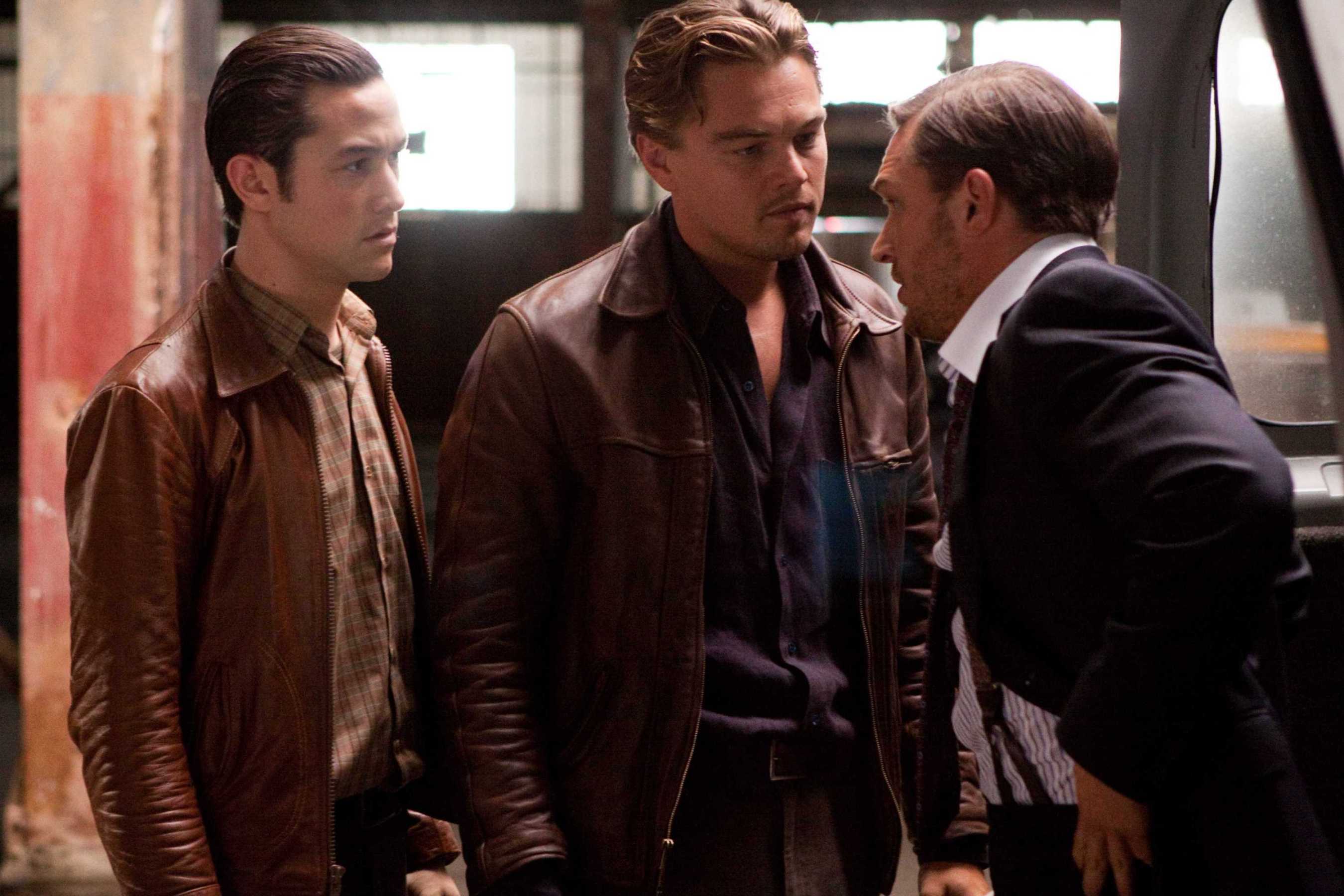


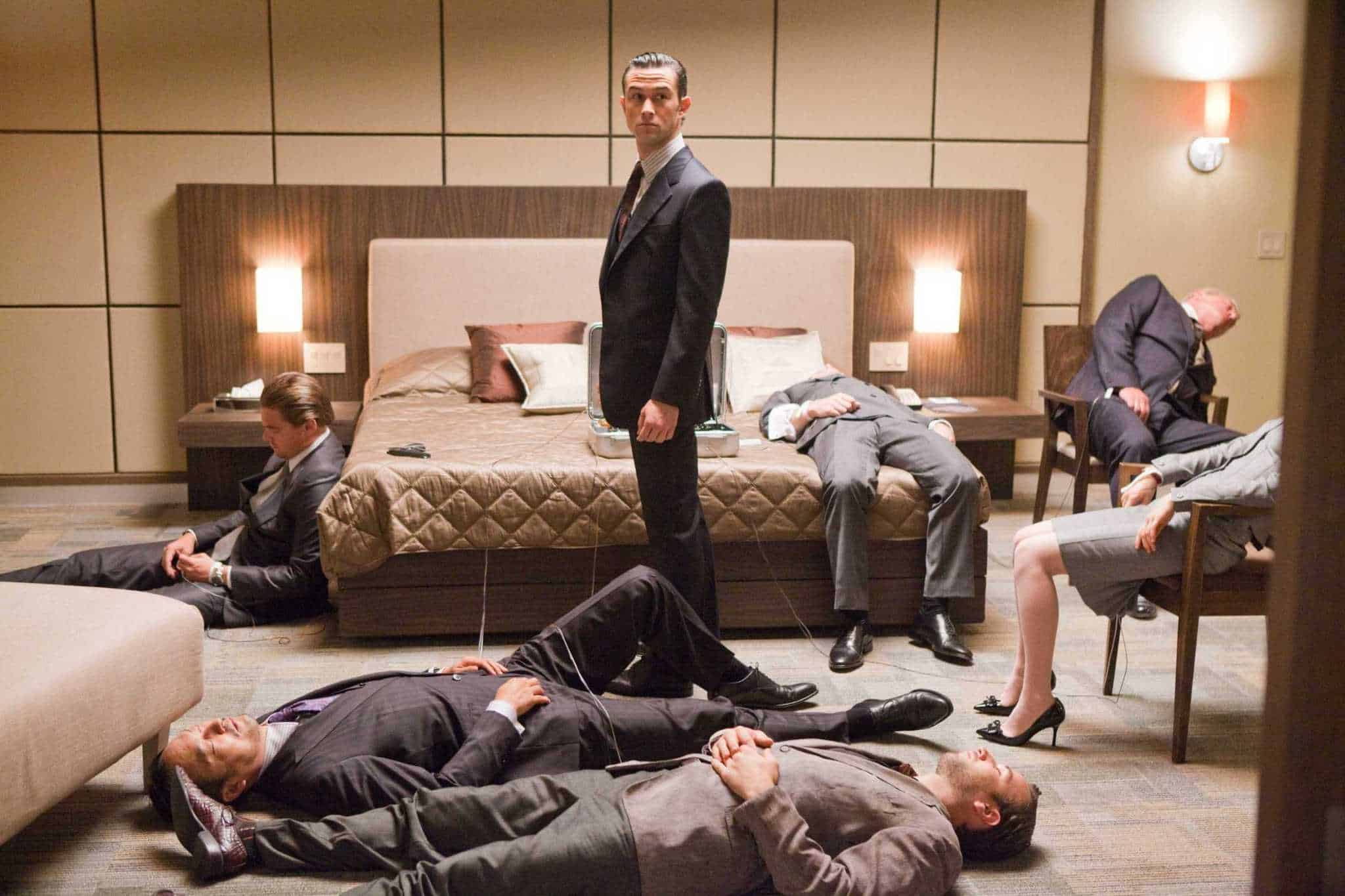






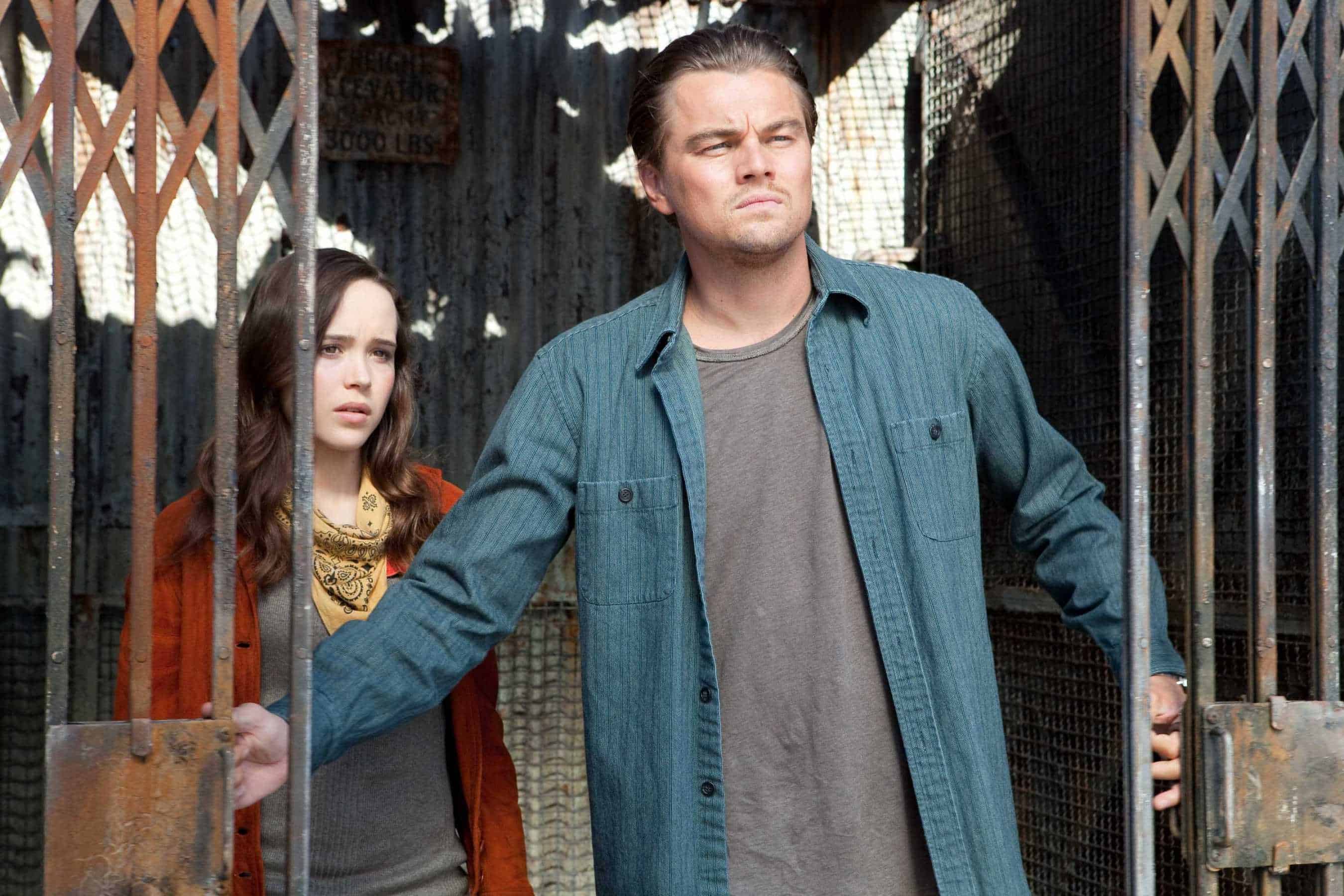
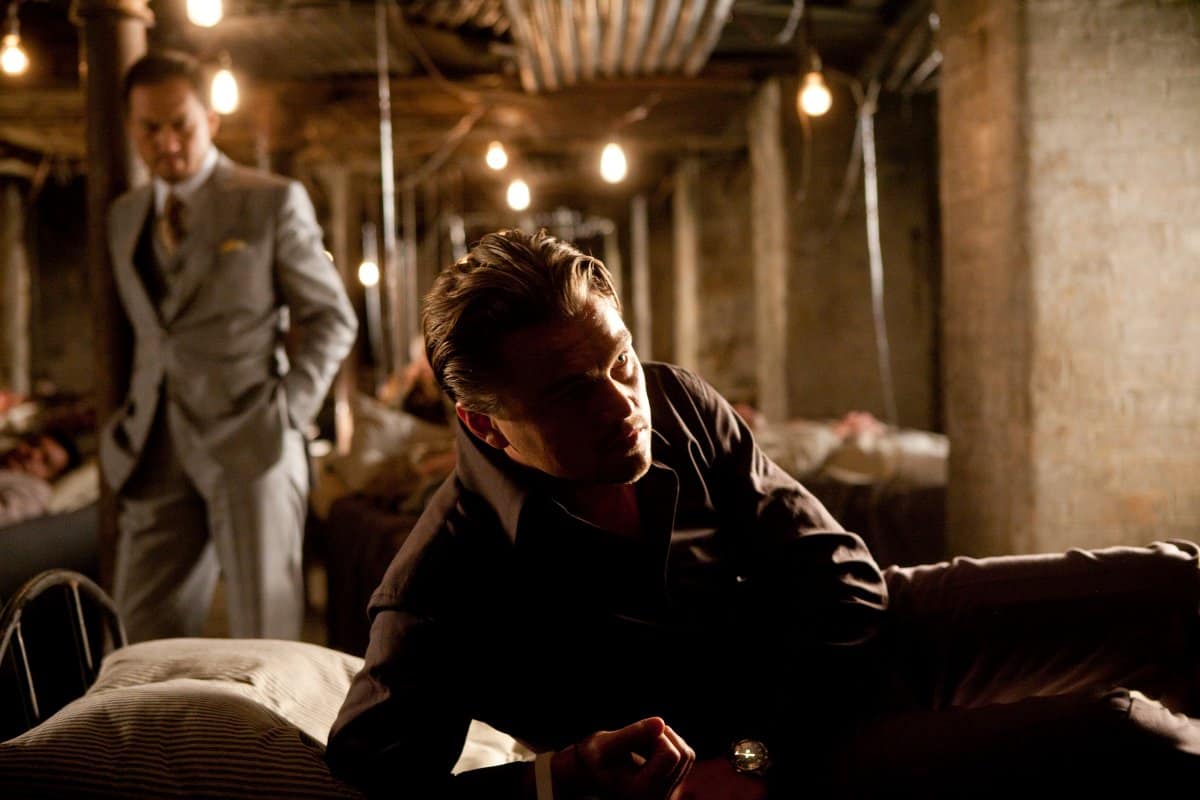
Comments
Loading comments...